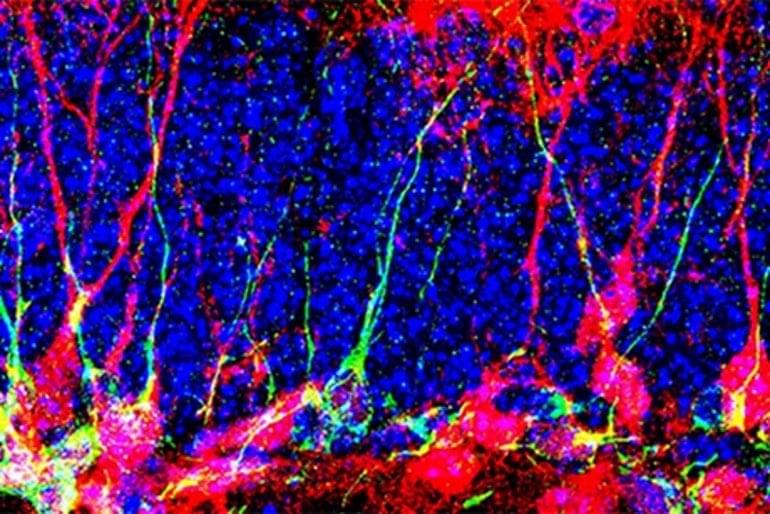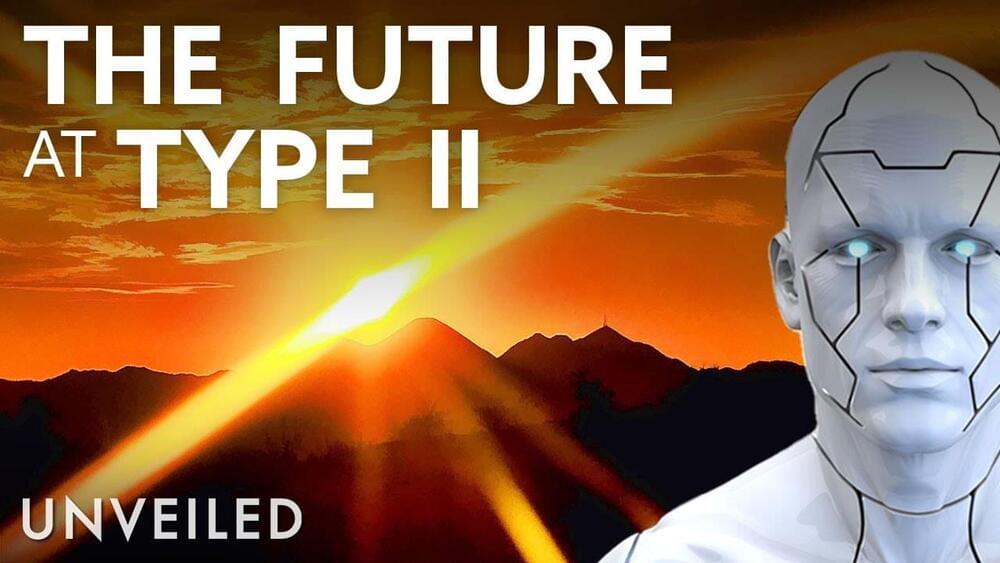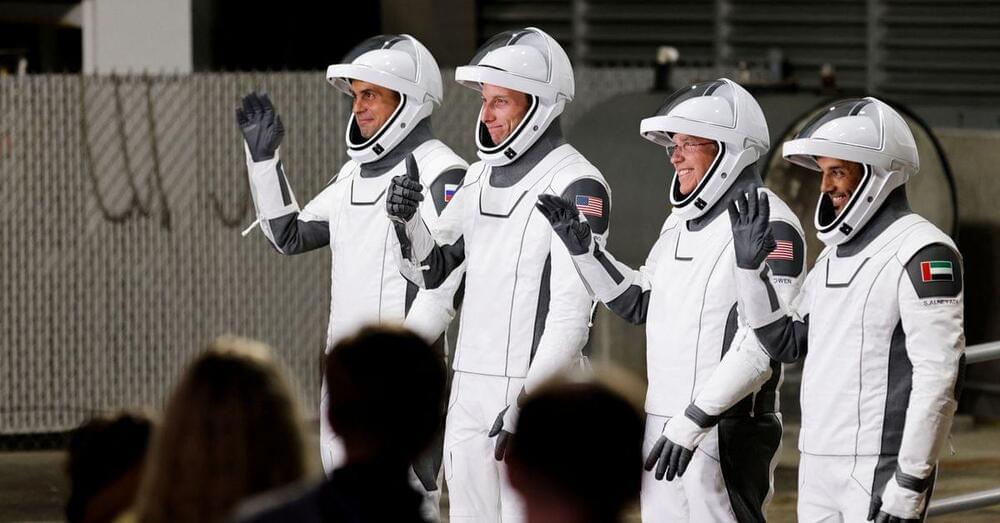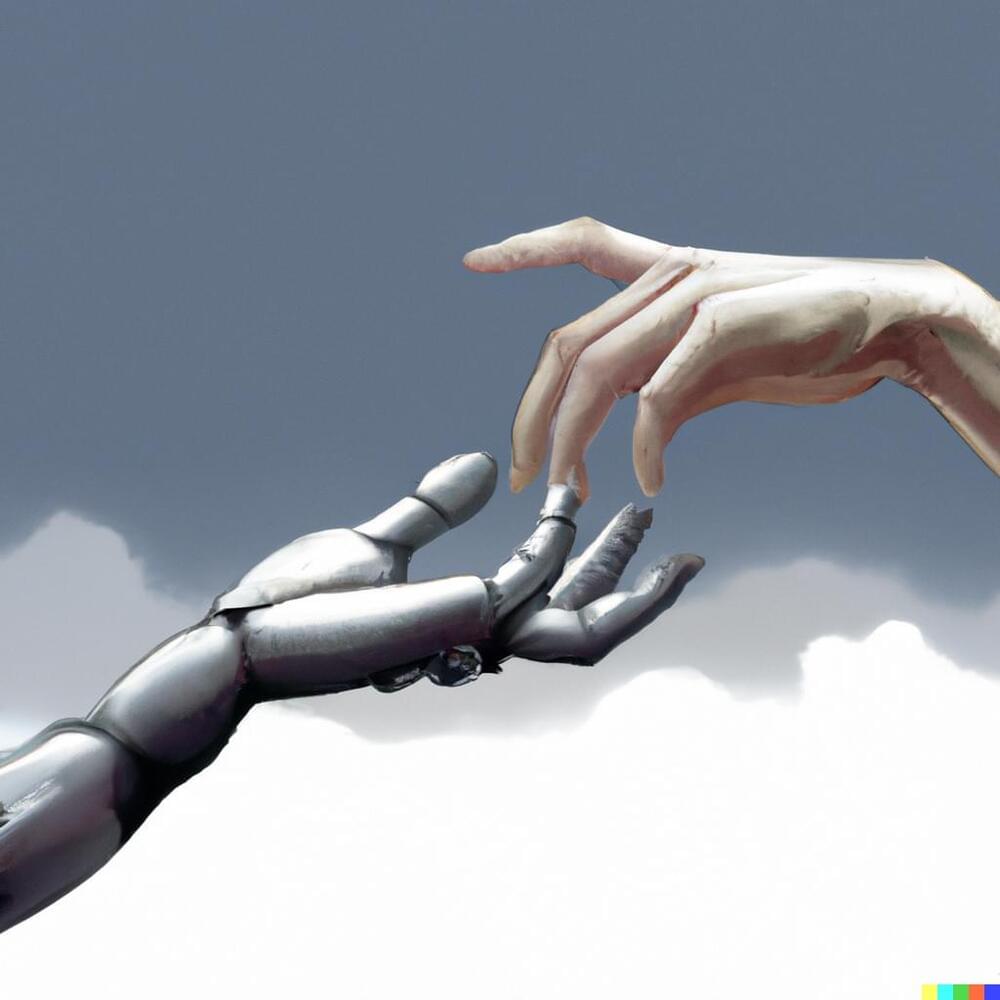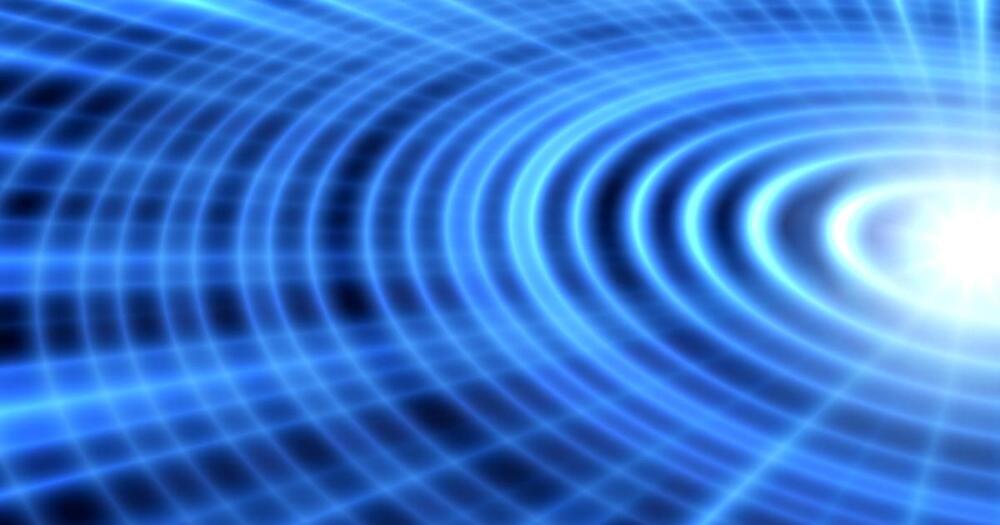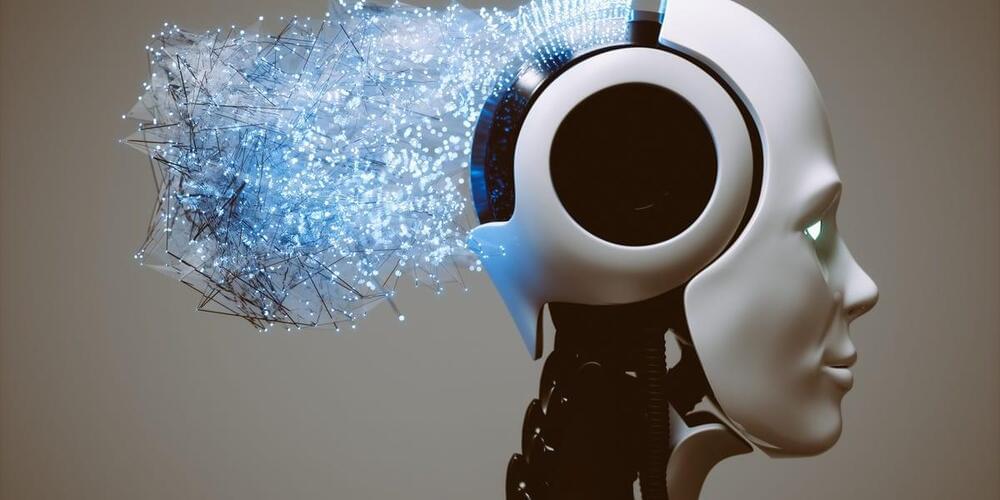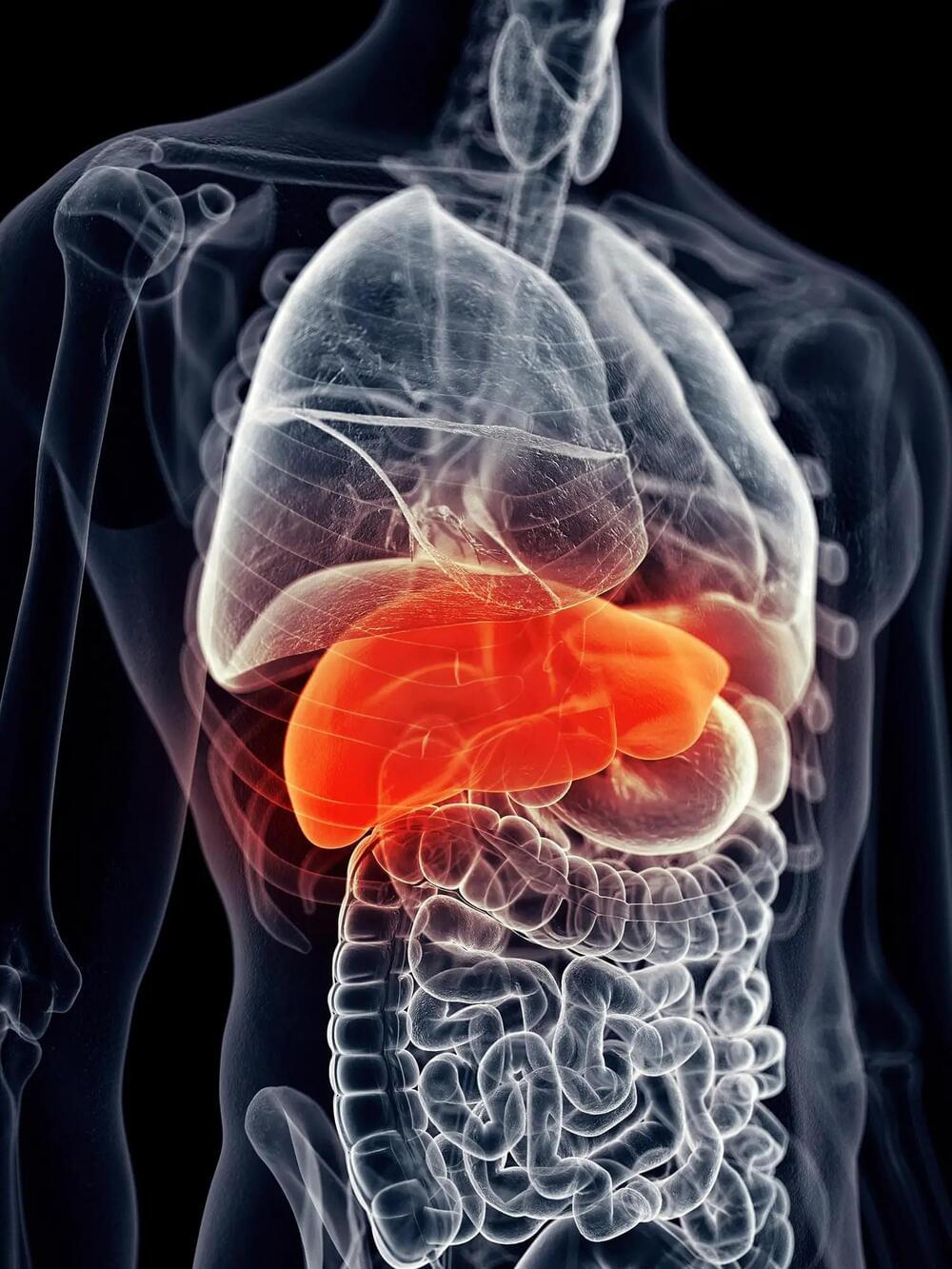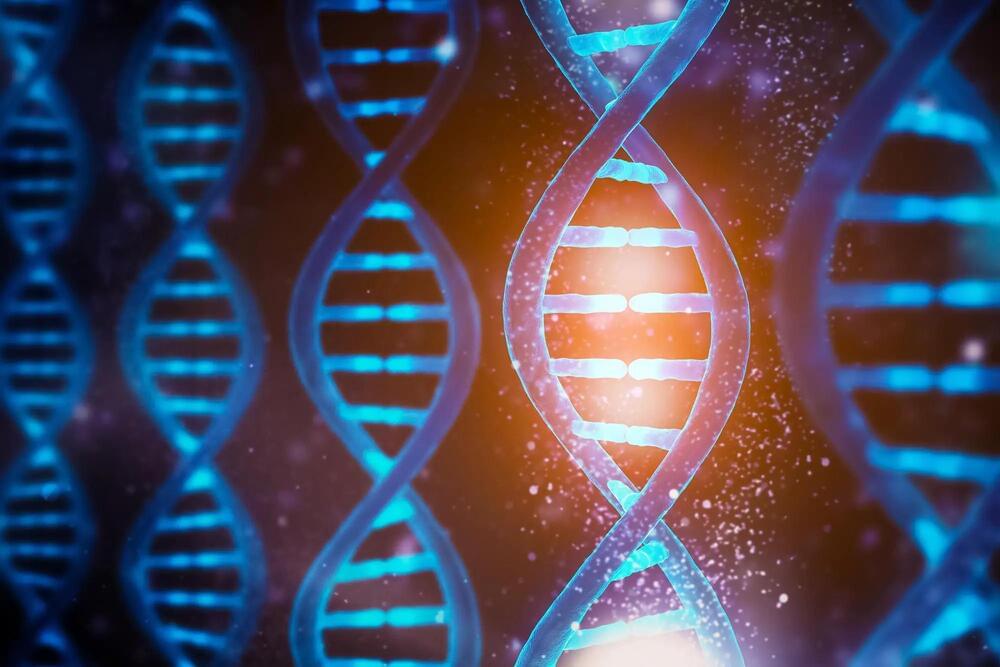Mar 3, 2023
How to Generate New Neurons in the Brain
Posted by Paul Battista in categories: biotech/medical, neuroscience
Summary: After discovering the importance of cell metabolism in neurogenesis, researchers were able to increase the number of neurons in the brains of adult and elderly mice.
Source: University of Geneva.
Some areas of the adult brain contain quiescent, or dormant, neural stem cells that can potentially be reactivated to form new neurons. However, the transition from quiescence to proliferation is still poorly understood.
